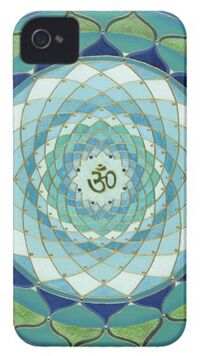UnNews:Apple plans electric religion
| Your A.D.D. news outl — Oooh, look at the pictures! | ✪ | UnNews | ✪ | Thursday, February 26, 2026, 21:19:59 (UTC) |
| Apple plans electric religion | 
|
19 February 2015
SAN FRANCISCO, California -- Apple Inc. is working on an electronic religion, according to saints familiar with the matter — a sign that the all-consuming electronics giant is open to stepping outside its lucrative focus on materiality.
Apple has put a few hundred priests and holy riff-raff to work on the secretive project, said a spokesperson, who asked not to be identified for fear of thunderbolts.
The project is code-named iGod and runs on an OS, which resembles Tibetan Voidism. Embodying the goal of Oneness, Apple’s new theological device will be able to perform divine multi-tasks, such as simultaneous mantra repetitions. It could also guarantee salvation, though this would be an expensive "subscription" option.
The tech giant has long researched religious technology for use in its other iDevices, such as the iPilgrim app that debuted in 2012, which can be used to navigate to most any holy site — even a shrine that Fido once buried in the backyard. Last year Apple also introduced CarPray, a software system that integrates iTunes, mapping, messaging, and pleading into a combined application for use by motoring pilgrims. If speakers are mounted in the roof of the car, a deep booming male voice replaces the female Siri voice.
The Financial Times reported on Friday that Apple was hiring religious experts to work on new apps for the transcendental gizmo. One of the original apps was a laser-powered head-and-limb-amputation app for the device, but Apple CEO Tim Cook nixed it after he heard that Sharia law disfavors gay people.
Apple director Mickey Drexler said that co-founder Steve Jobs had always wanted to build a cyber-religion based on self or soul power, and Apple has batted around the idea of a convenient, faith-based electronic religion for years. “It's powered by faith,” quipped Drexler, “so if it doesn’t work, then it's your fault.”
Sources[edit]
- Repeater "Apple 'planning electric car'". Bangkok Post, Feb. 16, 2015
